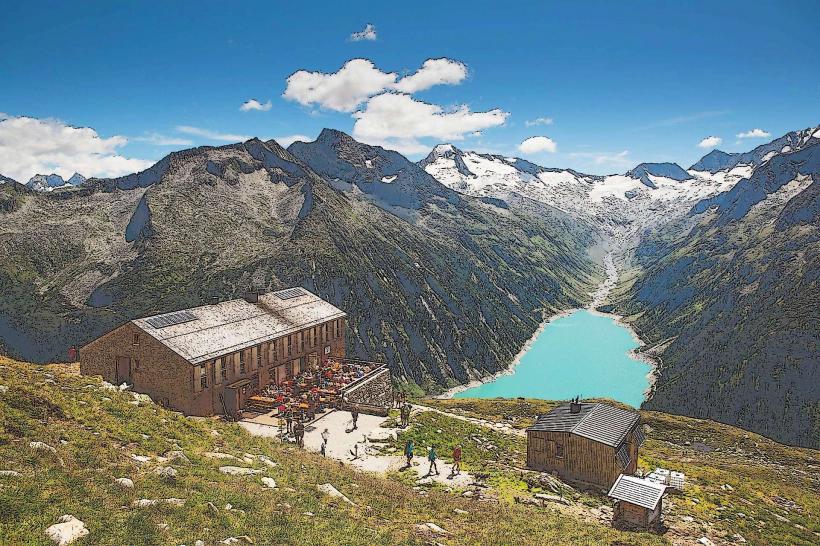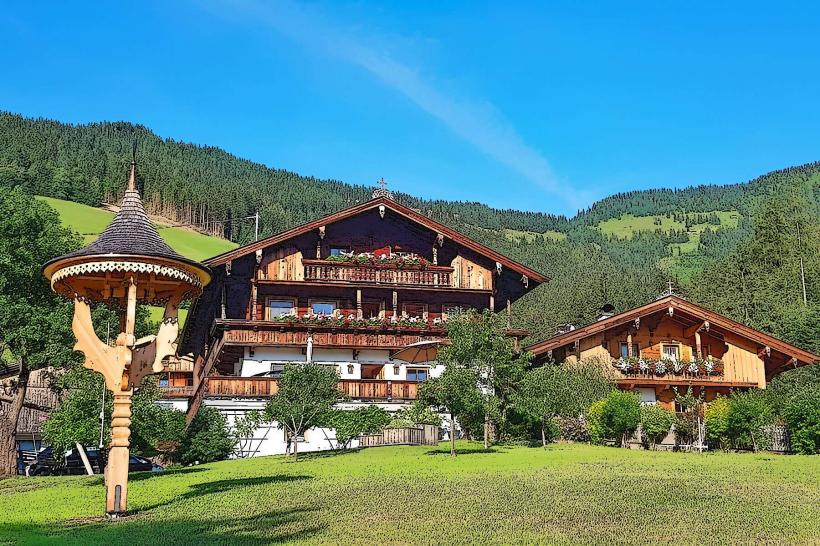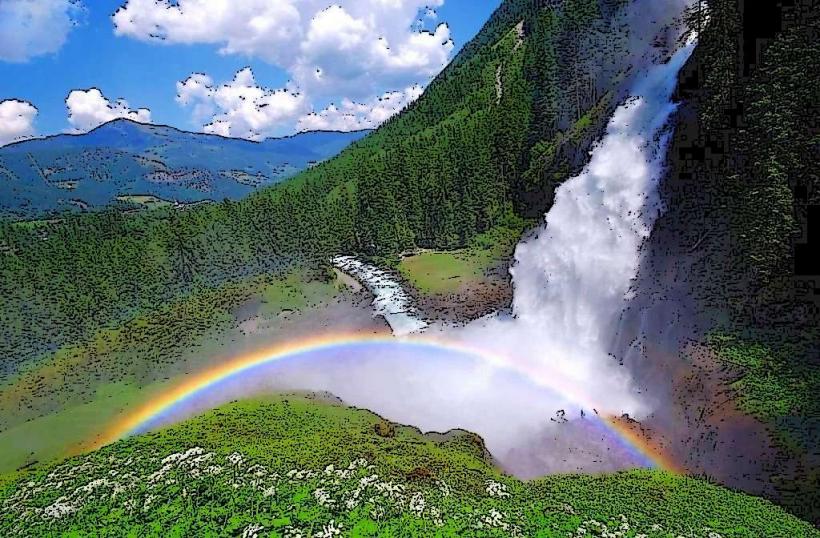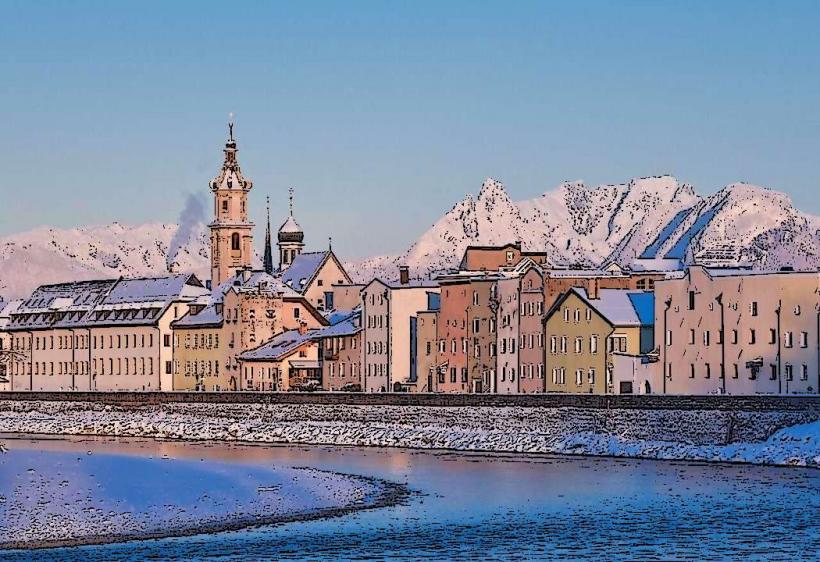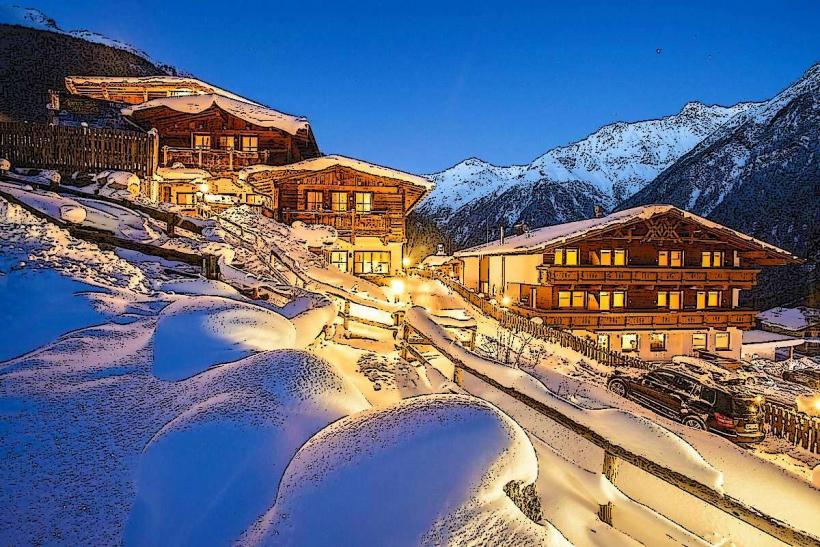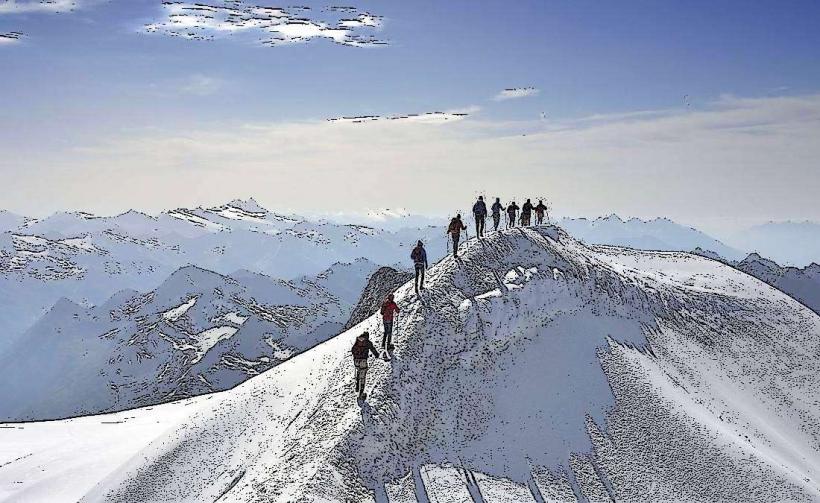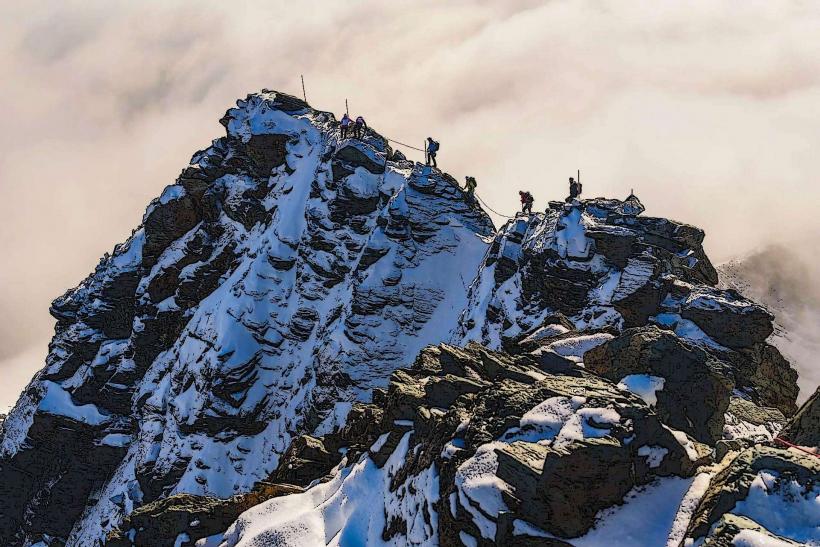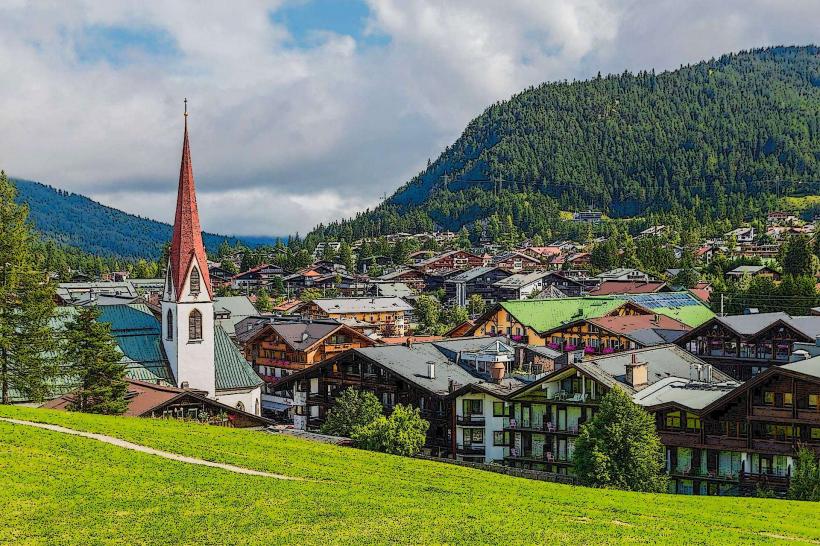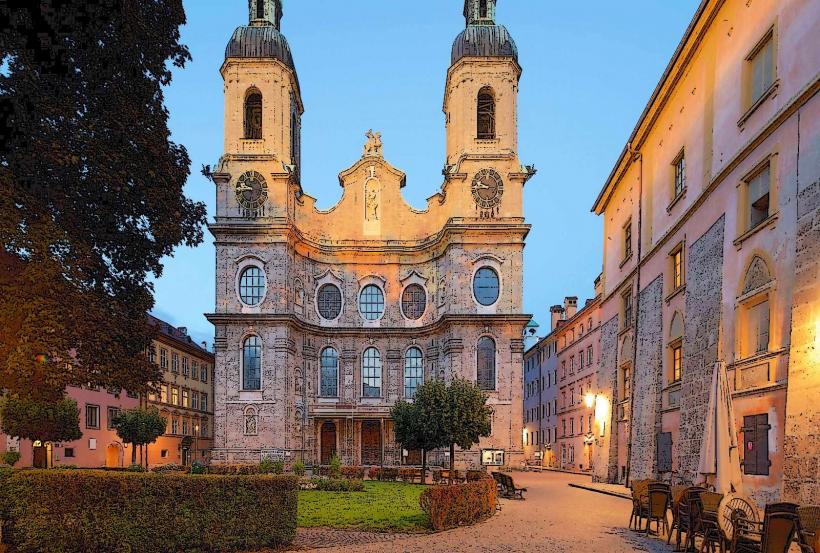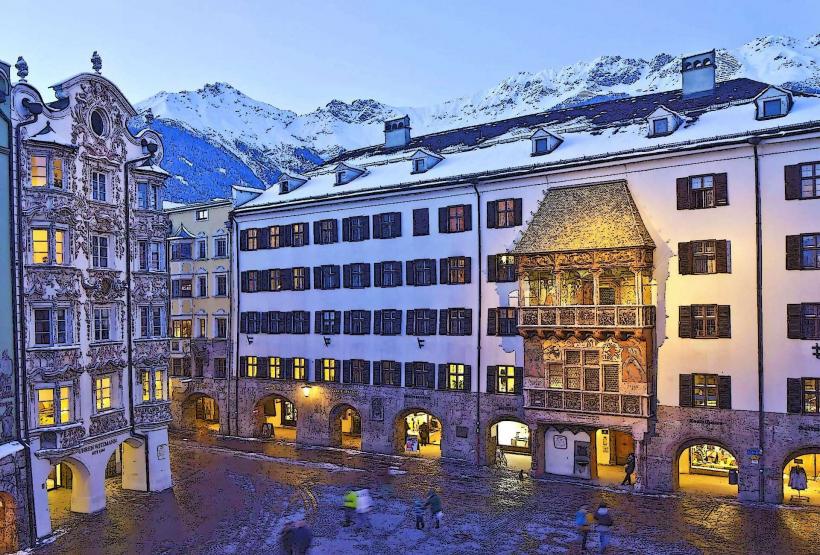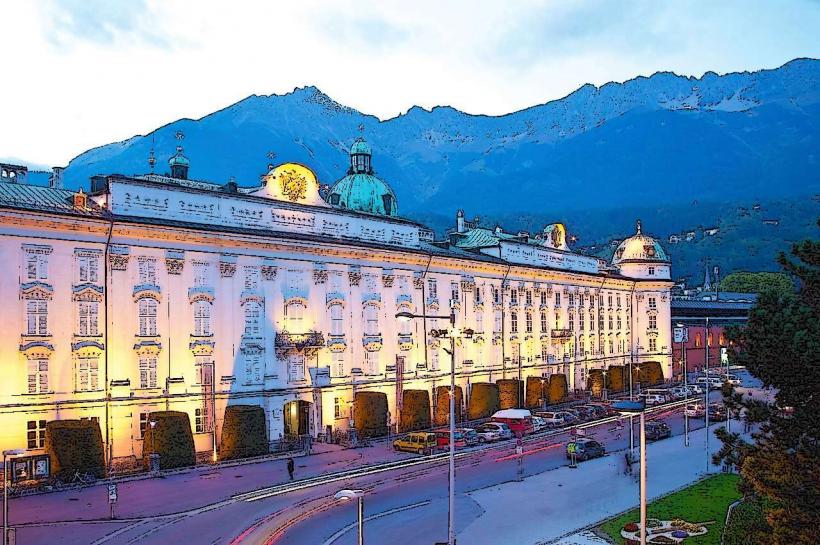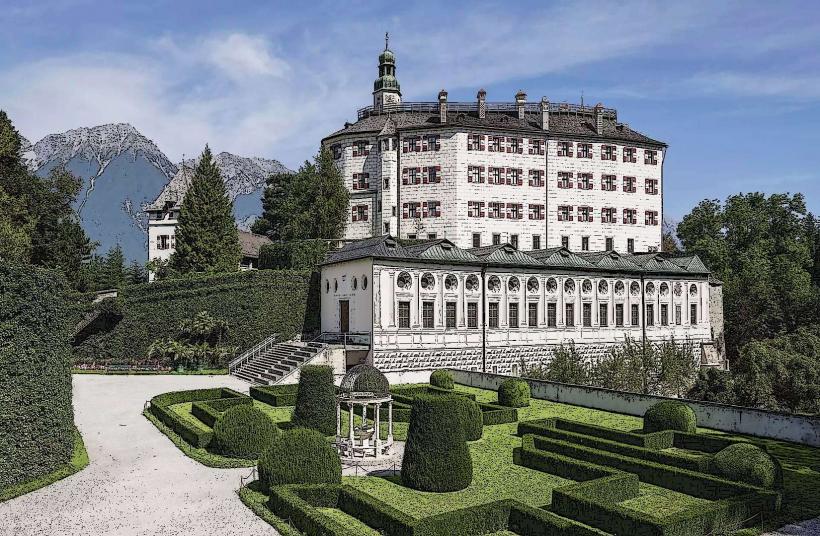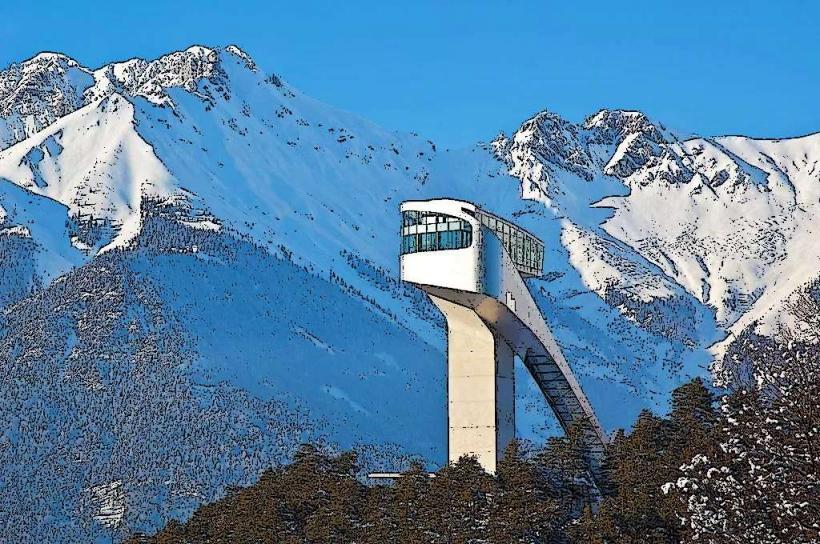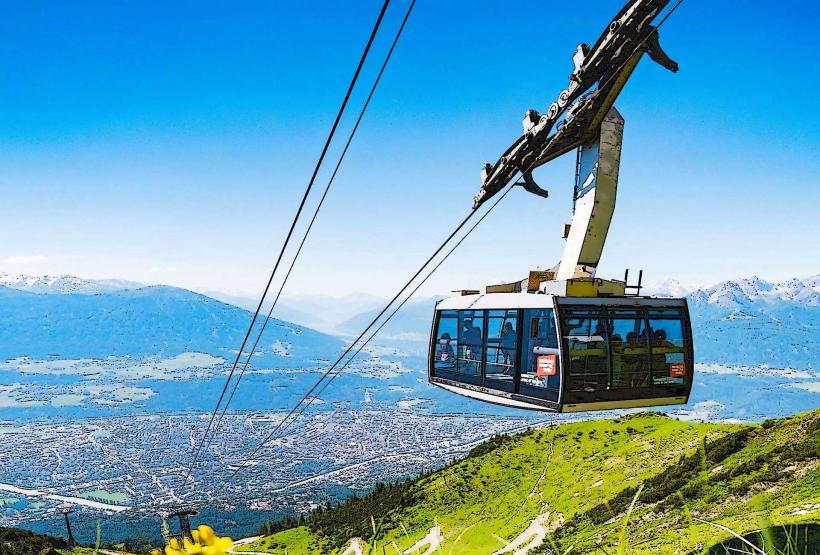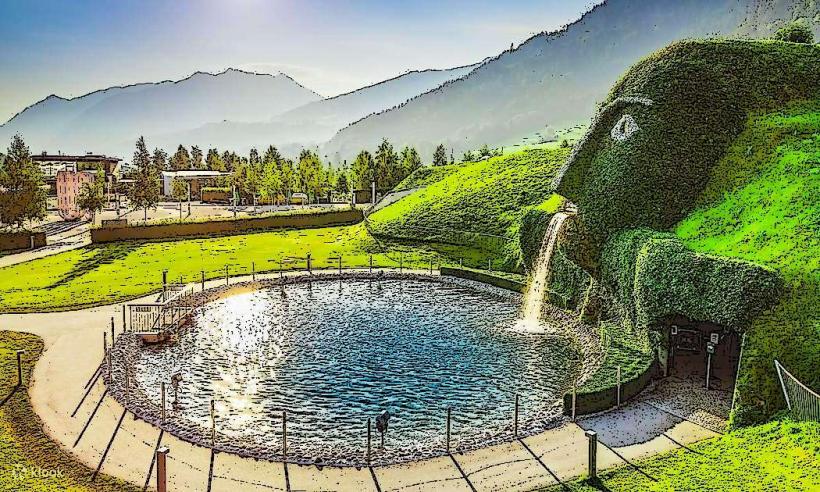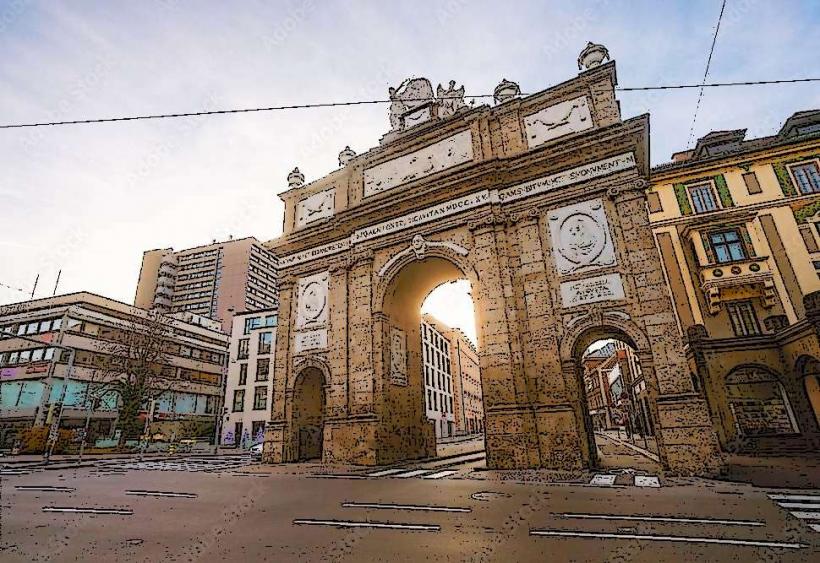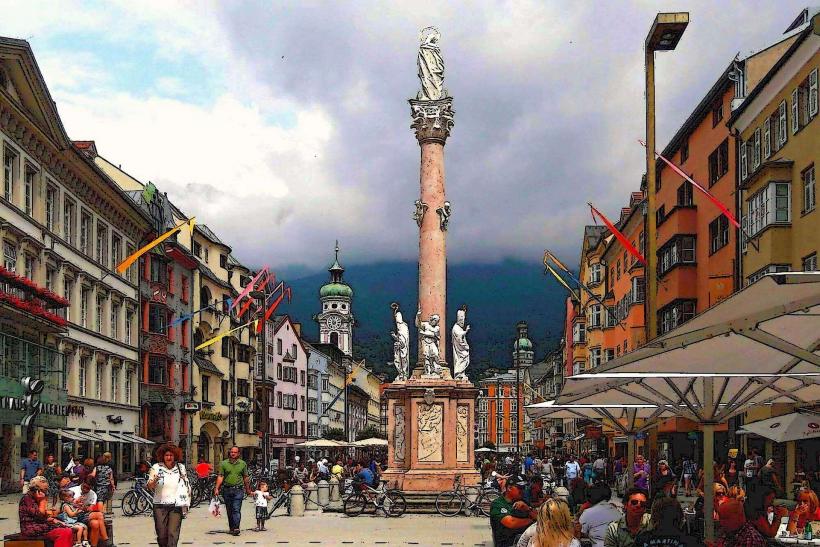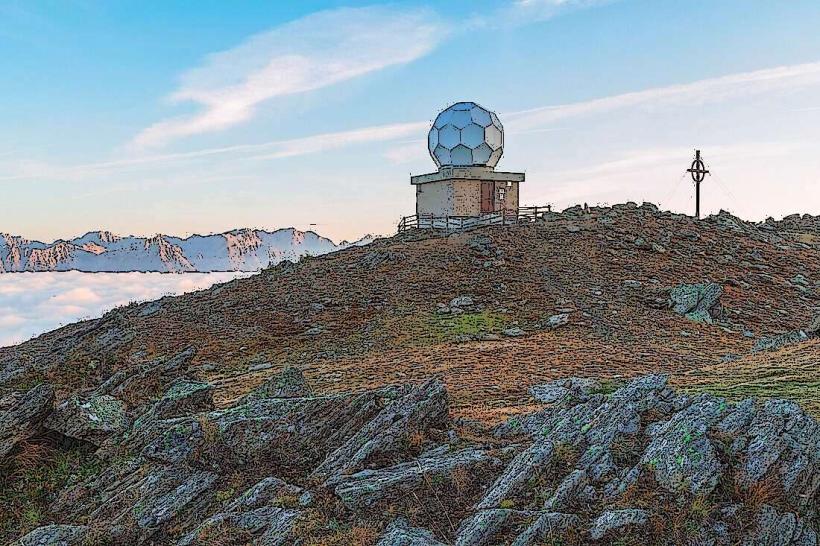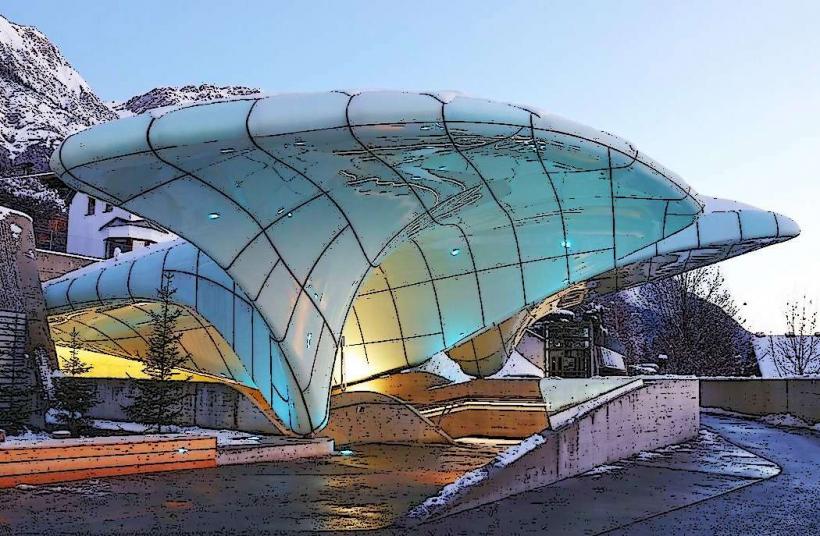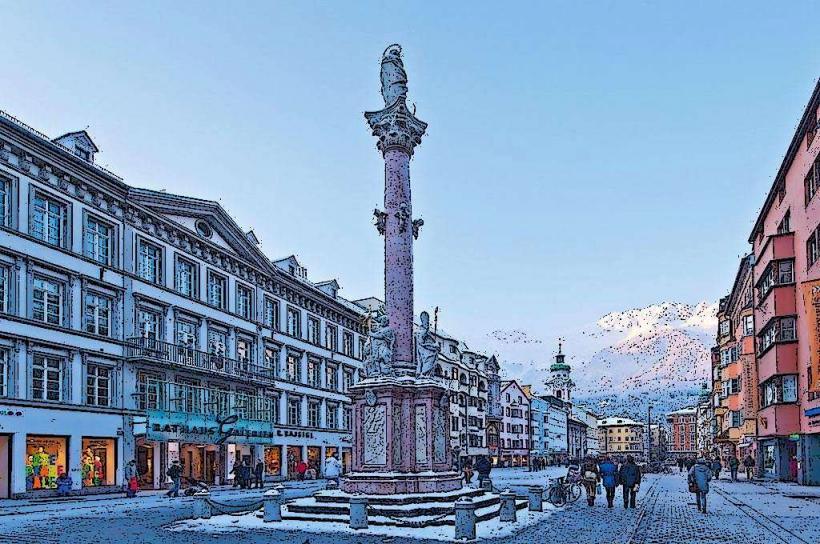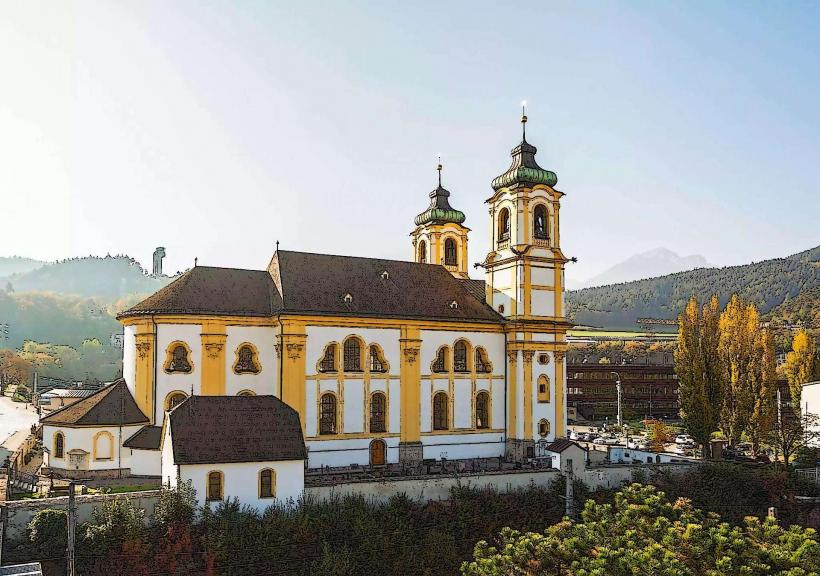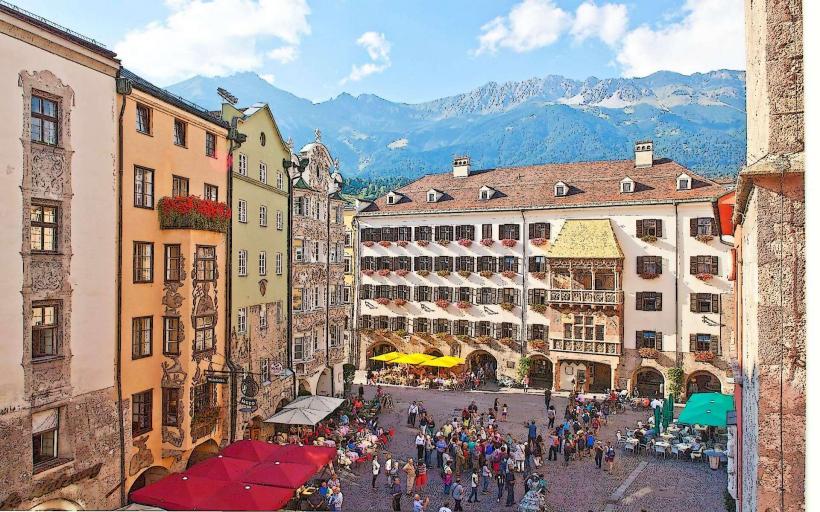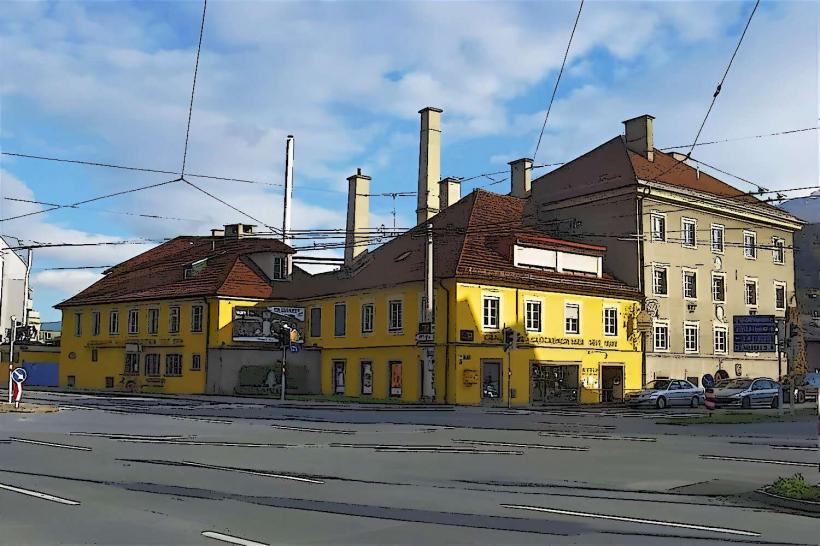Information
Landmark: Tyrol's Wildspitze PeakCity: Innsbruck
Country: Austria
Continent: Europe
Tyrol's Wildspitze Peak, Innsbruck, Austria, Europe
Overview
Rising to 3,776 meters (12,389 feet), Wildspitze towers as Austria’s second-highest mountain and the tallest peak in Tyrol, its summit often dusted with wind-blown snow.Rising above the Ötztal Alps, Wildspitze draws climbers and hikers with its sharp ridges and sweeping snowfields.Climbers, hikers, and skiers flock to the peak for its towering height, glittering glacier slopes, and sweeping Alpine views that seem to stretch forever under the crisp mountain air.Wildspitze Peak rises in the Ötztal Alps of Tyrol, western Austria, its slopes falling within St. Leonhard im Pitztal, a quiet municipality tucked deep in the Pitztal Valley.It’s part of the Pitztal Glacier, a spot famous for skiing fresh powder and scaling rugged mountain faces.Rising 3,776 meters (12,389 feet) above sea level, Wildspitze towers as Tyrol’s highest summit and trails only Grossglockner in Austria, whose snow-capped peak crowns the Hohe Tauern range.Glaciers wrap around the peak, with the vast Pitztal and Rettenbach stretching out in gleaming sheets of ice, drawing visitors for high-altitude trekking and crisp, fast skiing.Fed by the glaciers, Wildspitze stays blanketed in snow all year, drawing mountaineers and skiers eager to carve fresh tracks even in midsummer.Climbing Wildspitze draws seasoned mountaineers and alpine climbers alike, eager to tackle its sweeping snowfields and rugged ridges.Most climbers reach the summit by starting at the Pitztal Glacier Ski Resort, about 2,840 meters up, then crossing the wide, crunching ice of the glacier before tackling sections of steep rock.The route blends glacier travel with technical climbing and demands solid mountaineering skills-confident use of ice axes, crampons, and ropes, plus the ability to read crevasses and tricky glacier terrain.The route has steep, technical stretches with both ice and rock climbing, yet experienced climbers can handle it.At that altitude, a clear morning can turn into a whiteout in minutes, so come ready for the mountain’s harsher moods.The ideal window for the climb is usually July through September, though the mountain can hold snow and ice even in midsummer.At the summit, crisp air and a sweeping view of the Ötztal Alps stretch out, with jagged peaks like Fluchtkogel and Glockturm etched against the sky.From the summit, jagged Austrian peaks rise against the sky and wide rivers of ice gleam in the sun - a view that can take your breath away.On a clear day, you can spot distant ridgelines in Switzerland and Italy, the horizon stretching for miles.At the base of Wildspitze sits the Pitztal Glacier, a popular spot for skiing and other snow sports.Thanks to its glacier, you can ski here all year, and the resort draws crowds for freeride skiing and snowboarding.The slopes stretch for several kilometers, ranging from gentle runs to steep, technical descents, and there are also trails for cross-country skiing and snowshoe hikes.Wildspitze lures seasoned skiers off-piste, offering a rugged alpine challenge beneath jagged, snow-bright peaks.Beyond skiing, guided glacier tours lead visitors past deep blue crevasses and shimmering ice walls, with experts pointing the way.These tours let visitors explore the glacier safely while learning about its unusual ice formations, like blue crevasses that seem to glow.Ski mountaineering’s big here, too-climbers follow winding trails to the peak, often over several days.From the Pitztal Valley, a sleek cable car whisks you up from the glacier’s base to lofty heights, right where the ski runs and mountaineering routes begin.The Pitztal Glacier Railway carries skiers up to the Rifflsee, Tiefenbach Glacier, and Pitztal Glacier-main gateways to adventure in the region.From the glacier, you can set out for the Wildspitze summit, pausing at high-altitude huts where the air smells of wood smoke and fresh snow.Climbers and trekkers tackling Wildspitze often overnight at spots like the Rifflsee Hut or Pitztal Glacier Hut, which serve hearty meals and provide a warm bed before or after the climb.These huts link directly to some of the best hiking and mountaineering trails in the area, offering a taste of authentic alpine life in Austria.Just below, the Pitztal Valley charms visitors with its postcard villages, sweeping mountain views, and outdoor pursuits from hiking and cycling to taking flight on a paraglider.The valley invites you to take winding scenic drives or head into the mountains, where jagged peaks cut into the sky.At about 2,232 meters, Rifflsee Lake shimmers at the foot of the Pitztal Glacier, its clear water reflecting snow-dusted slopes.You can hike along the lake’s winding trails and catch glimpses of jagged peaks and blue-white glaciers in the distance.In summer, you can drift across the lake by boat, the water glinting in the sun; when winter settles in, it turns into a silent haven for snowshoe treks.The Ötztal Alps offer everything from rugged climbing paths to glacier walks and shimmering lakes perched high in the mountains.This region is known for its rugged beauty, where you can wander through Timmelsjoch’s winding passes, the icy stretch of the Sölden Glacier, and the quiet trails of Ötztal Nature Park, while Wildspitze Peak promises a climb-or a ski run-you’ll never forget.With its sheer cliffs, untouched glaciers, and sweeping vistas, it’s a place every adventurer in the Tyrolean Alps should see-especially when the morning sun turns the ice a soft gold.You might come to scale its summit, wander the icy sweep of nearby glaciers, or carve fresh tracks on the Pitztal Glacier, but either way, Wildspitze rises as one of Austria’s most striking and unforgettable peaks.

